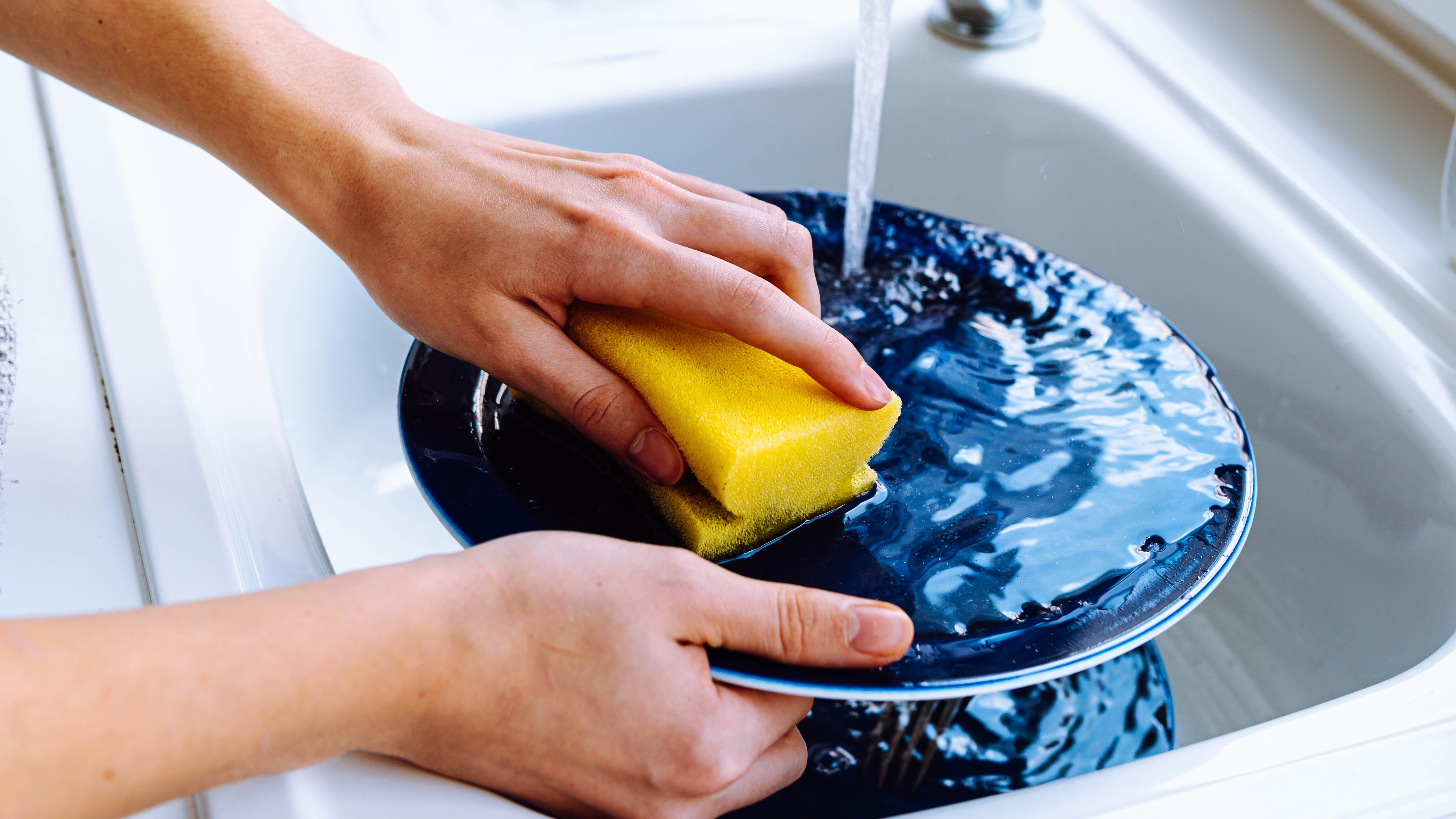Battling night sweats during the menopause? 5 natural materials to look for in your mattress and bedding
From wool to latex — could these breathable materials help your hot flashes?
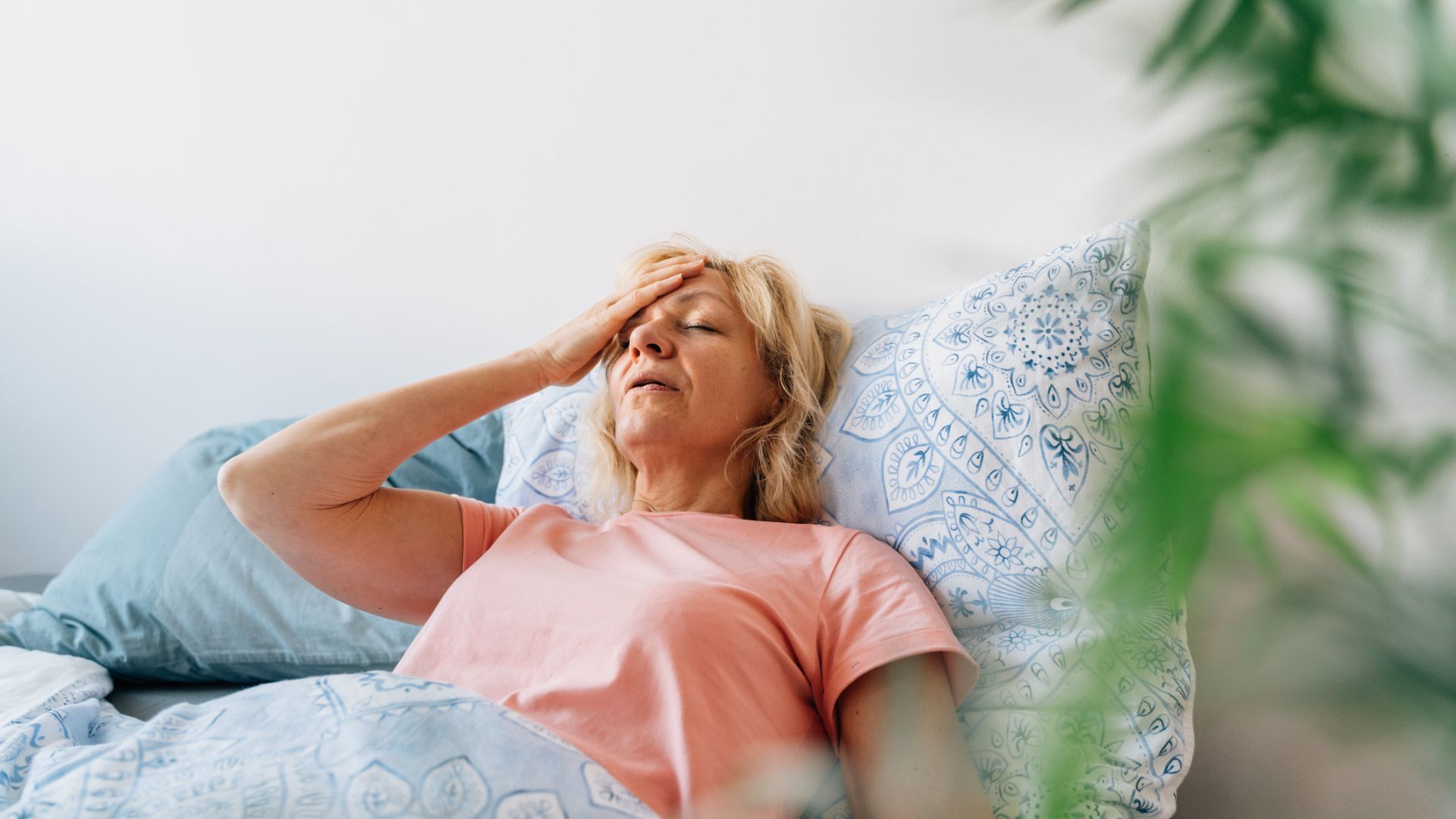
Here at Tom’s Guide our expert editors are committed to bringing you the best news, reviews and guides to help you stay informed and ahead of the curve!
You are now subscribed
Your newsletter sign-up was successful
Want to add more newsletters?

Daily (Mon-Sun)
Tom's Guide Daily
Sign up to get the latest updates on all of your favorite content! From cutting-edge tech news and the hottest streaming buzz to unbeatable deals on the best products and in-depth reviews, we’ve got you covered.

Weekly on Thursday
Tom's AI Guide
Be AI savvy with your weekly newsletter summing up all the biggest AI news you need to know. Plus, analysis from our AI editor and tips on how to use the latest AI tools!

Weekly on Friday
Tom's iGuide
Unlock the vast world of Apple news straight to your inbox. With coverage on everything from exciting product launches to essential software updates, this is your go-to source for the latest updates on all the best Apple content.

Weekly on Monday
Tom's Streaming Guide
Our weekly newsletter is expertly crafted to immerse you in the world of streaming. Stay updated on the latest releases and our top recommendations across your favorite streaming platforms.
Join the club
Get full access to premium articles, exclusive features and a growing list of member rewards.
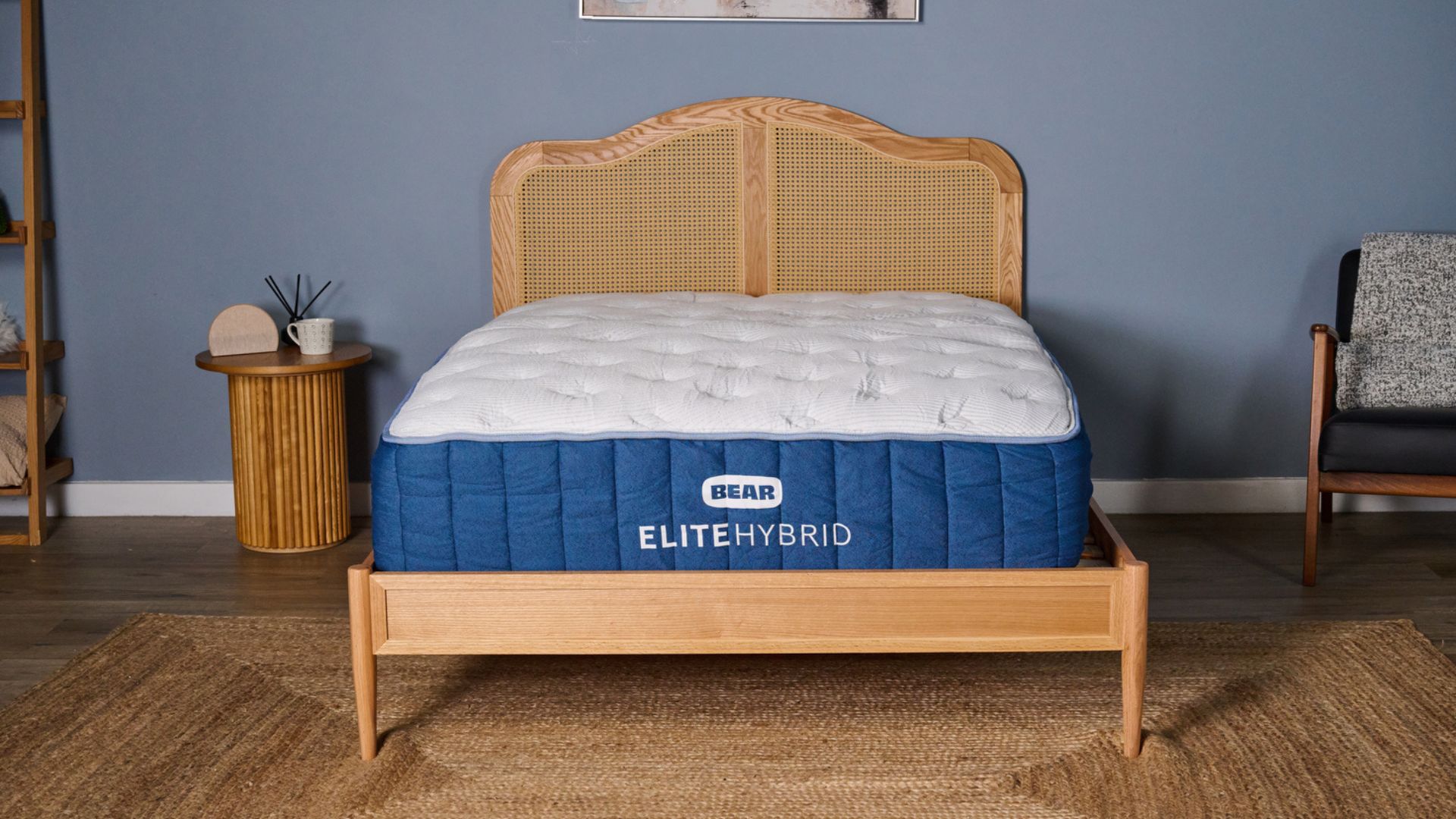
The best cooling mattresses incorporate natural materials and advanced tech to make temperature regulation a breeze.
Night sweats can be a common symptom of the menopause — so how do you ensure you don’t wake up feeling clammy or too hot?
Choosing the best mattress and bedding made with the most breathable materials is essential, so you don’t trap the heat and moisture as you sleep.
But what exactly are night sweats? Thought to be brought on by fluctuating oestrogen levels, they affect your body’s internal thermostat, which normally helps to regulate your temperature.
In this feature, we’ll hear from a menopause expert and explore the best breathable materials to sleep in, helping you stay more comfortable if night sweats are disrupting your rest during menopause.
Why do menopausal women experience night sweats?
Menopause expert Niki Woods explains that menopausal night sweats are hot flushes or flashes that happen at night.
If you’re regularly getting disturbed sleep from nightsweats, or if the level of sweating is intense, you should talk to your doctor, says Woods, “Firstly to discuss menopause management options, but also to check that there isn’t a non-menopause cause.”
“They're a sudden intense heat which causes intense sweating - often so you wake up with damp or wet sleepwear or even bed sheets.”
So, why does it happen? “As our oestrogen and other hormones fluctuate and decline during perimenopause onwards, the hypothalamus (our body's internal thermostat) starts malfunctioning and can wrongly react, making us suddenly very hot and then causing sudden intense sweating as our body tries to cool down.”
Get instant access to breaking news, the hottest reviews, great deals and helpful tips.
In fact, research shows that up to 80% of women who are menopausal experience night sweats or hot flashes.
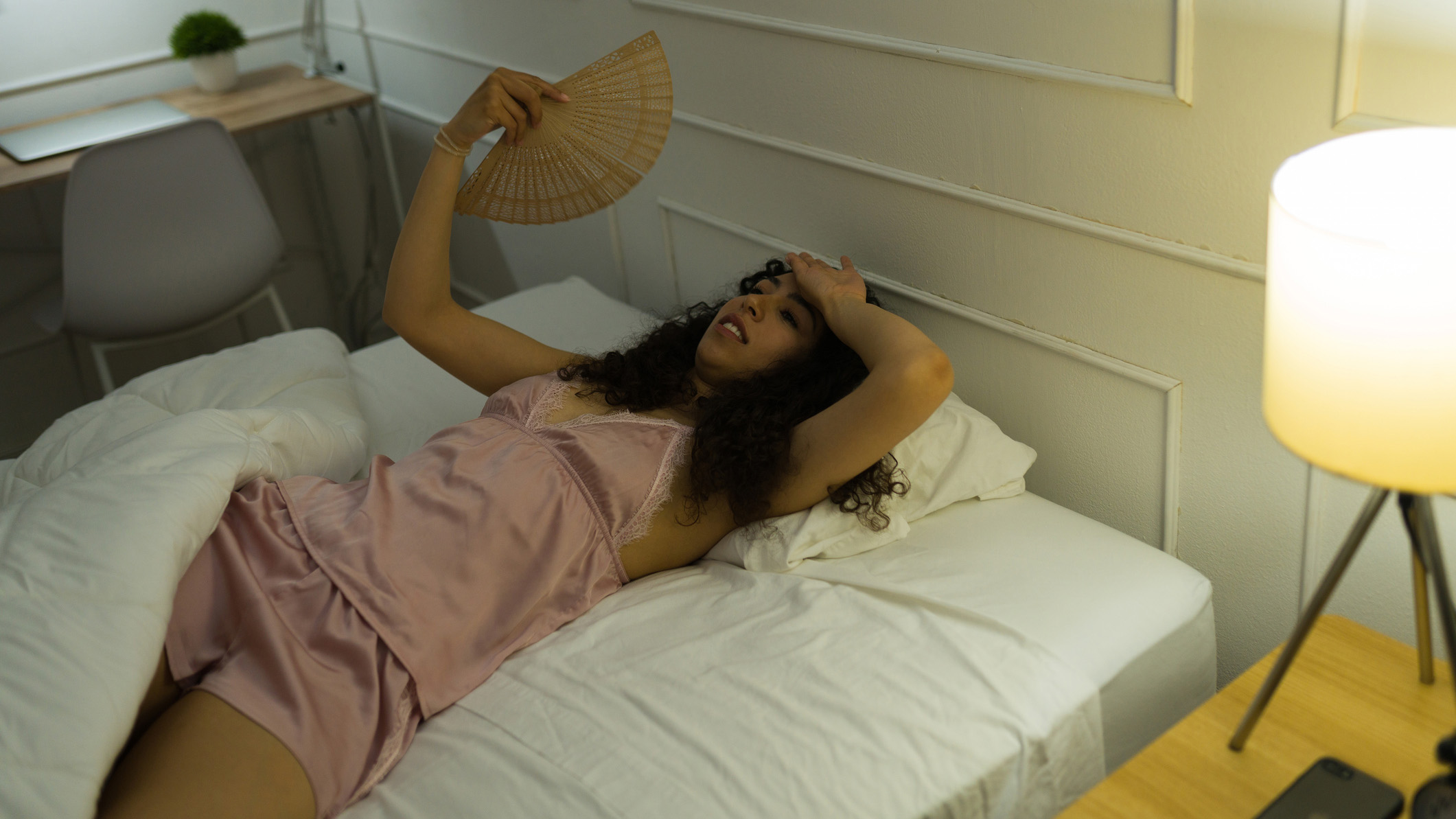
The natural materials that can help combat night sweats
Good sleep hygiene is especially important during menopause, when symptoms like night sweats can make rest feel impossible.
One simple but effective step is choosing natural materials for your bedding, sleepwear, and mattress.
1. Wool
You may associate wool with oversized (and sometimes scratchy) warm jumpers, but it's surprisingly breathable and helps to wick away moisture.
Choosing wool sheets, duvets, or pillows will help you regulate your temperature throughout the night and manage any moisture from night sweats.
Unlike synthetic fibres, wool can absorb and wick away sweat without feeling damp, which makes it ideal if you’re prone to overheating or night sweats.
In our best duvets guide, we advise, especially for winter duvets, to look for natural materials such as down and wool to help insulate heat without making you sweaty or sticky.
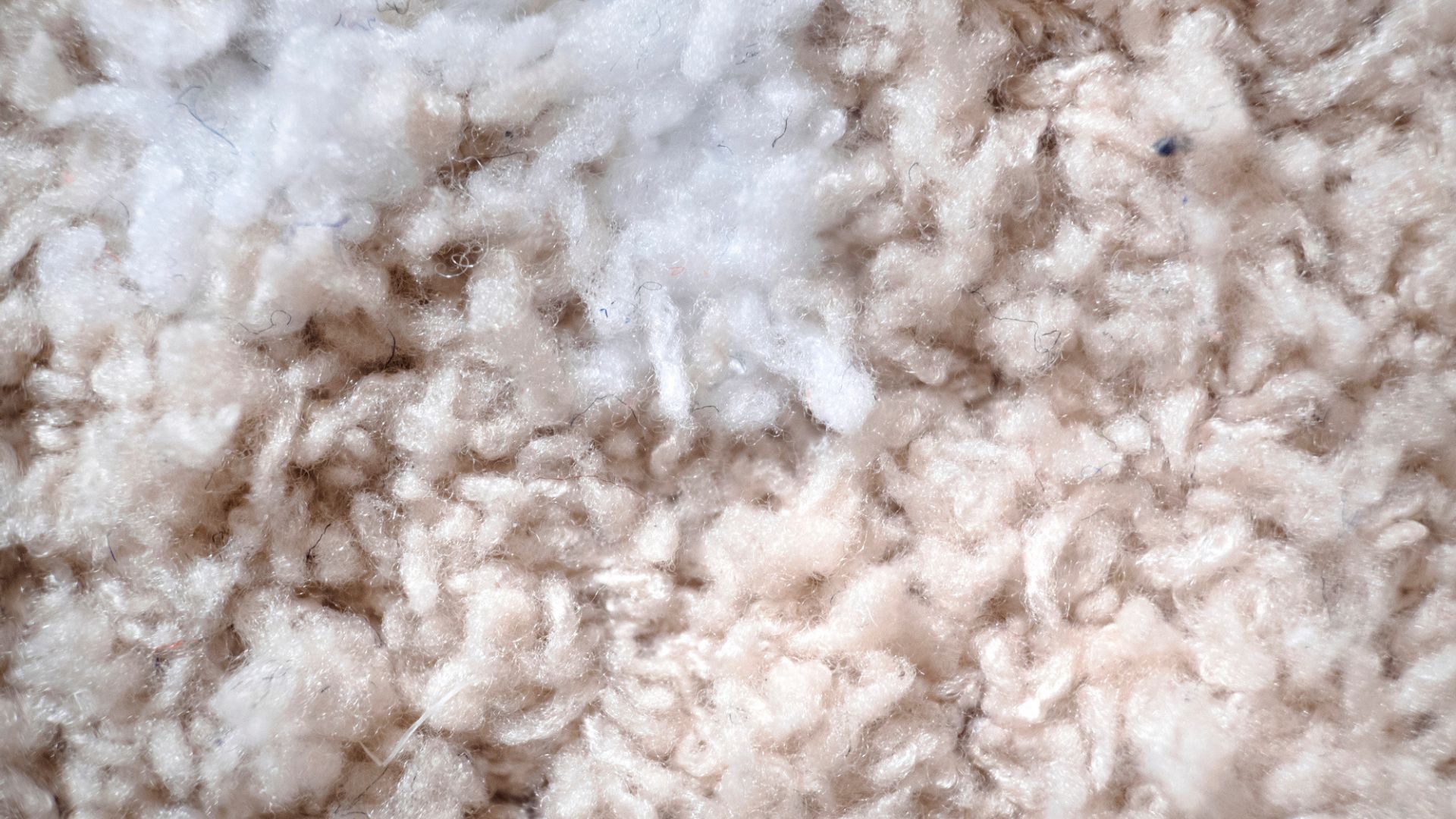
2. Cotton
If you’ve chosen cotton PJs or bedsheets, Woods says that it’s a good choice, especially if you’re suffering from night sweats, as cotton helps “air circulate, while absorbing sweat.”
This is because cotton is lightweight, breathable, and naturally absorbent. The fibres allow air to circulate, helping your body release heat instead of trapping it.
At the same time, cotton can absorb moisture without clinging to your skin, so you’re less likely to wake up feeling damp and uncomfortable.
Another advantage is that cotton is soft and gentle on the skin, so cotton bedding or sleepwear can make a real difference to comfort when hot flashes or sweats strike during the night. Be sure to select the right thread count for keeping cool when choosing cotton sheets.
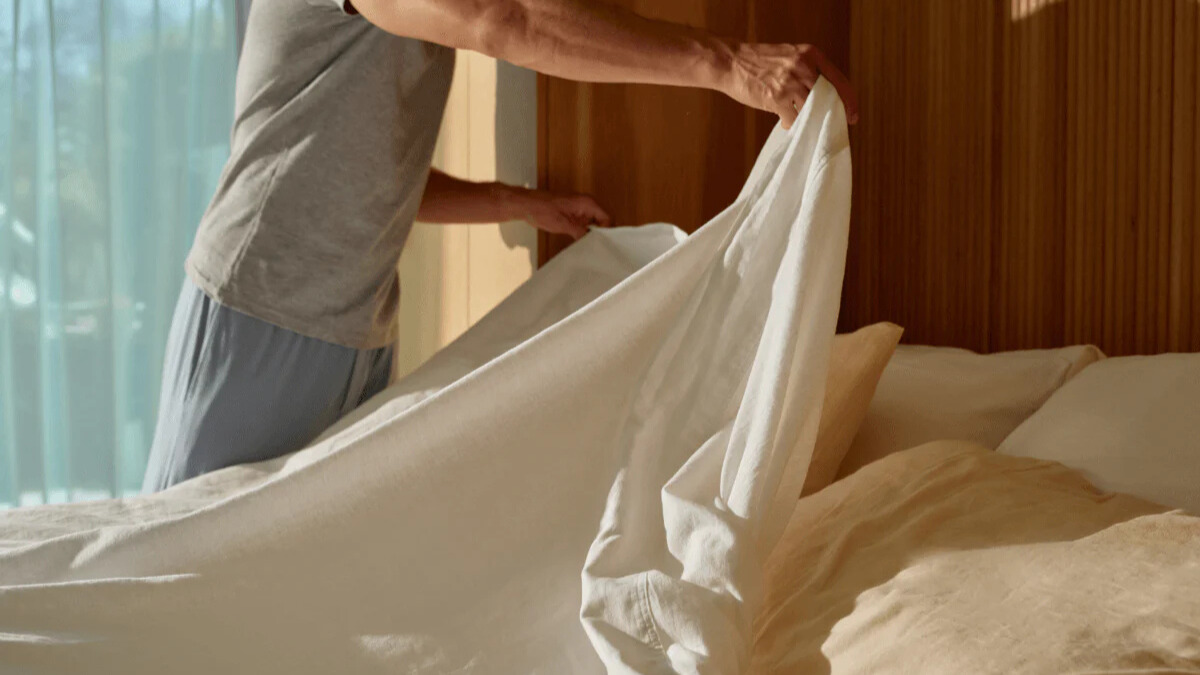
3. Natural latex
You may want to swap your memory foam mattress for a mattress made with latex, as this natural material is way more breathable, thanks to its open structure.
The open-cell structure of latex mattresses allows air to flow through the material, preventing heat from getting trapped. This is why you’ll see latex mattresses in our best organic mattress guide.
But latex isn't just for your bed. When we reviewed the Saatva Latex pillow, we scored it five stars. Made from a combination of all-natural latex and down-alternative fill, it got top scores for sleepers who run hot as they snooze.
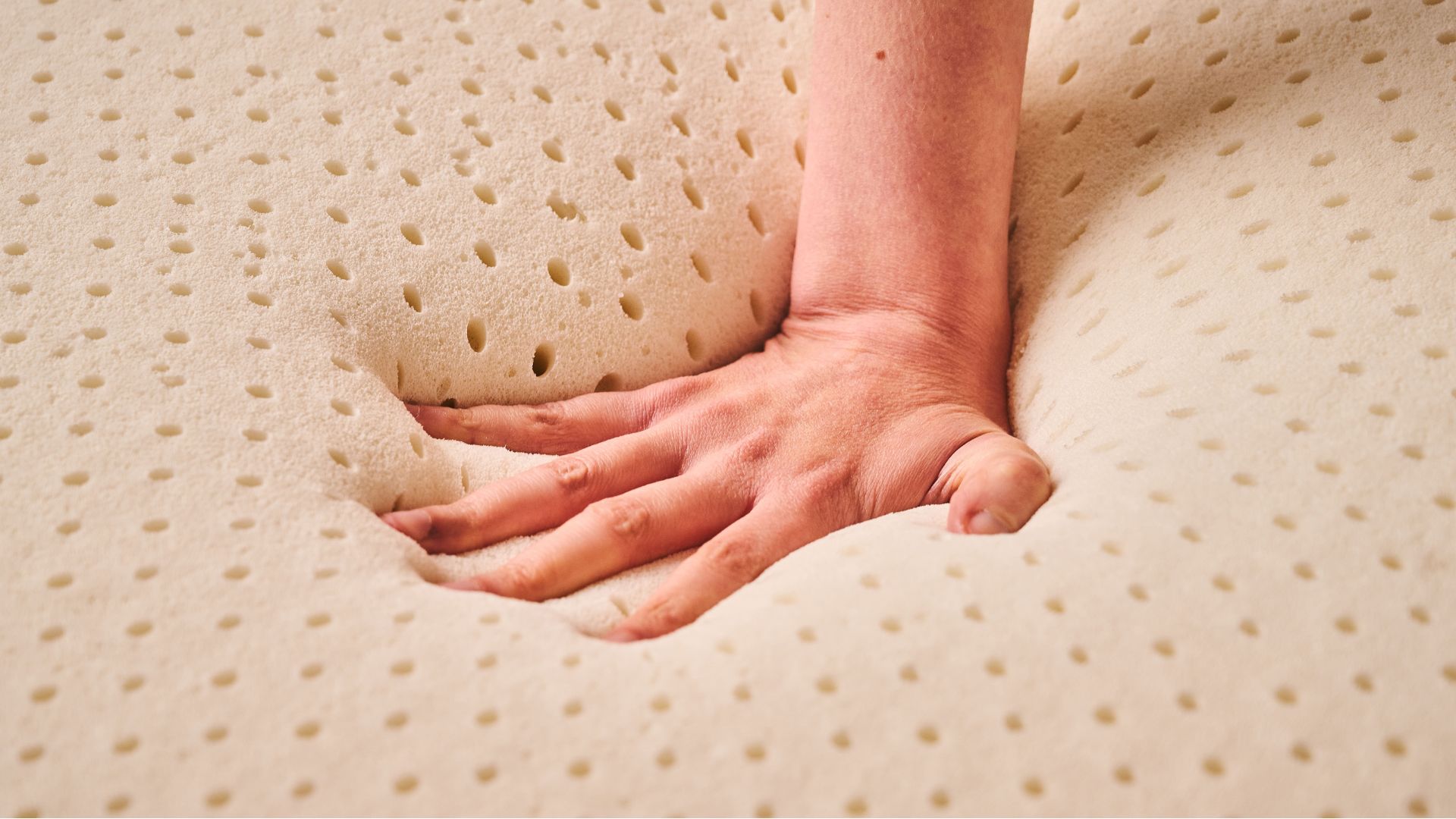
4. Silk
From natural silk PJ’s to silk bed sheets — can the material keep you cool as you sleep?
Yes, it can. Natural silk is lightweight, breathable and helps maintain a cooler feel by pulling heat and perspiration away from the skin.
Silk pillowcases and bedding can also be softer on the skin and give your snooze a more luxurious feel. But don't opt for satin pillowcases, as they can trap heat.
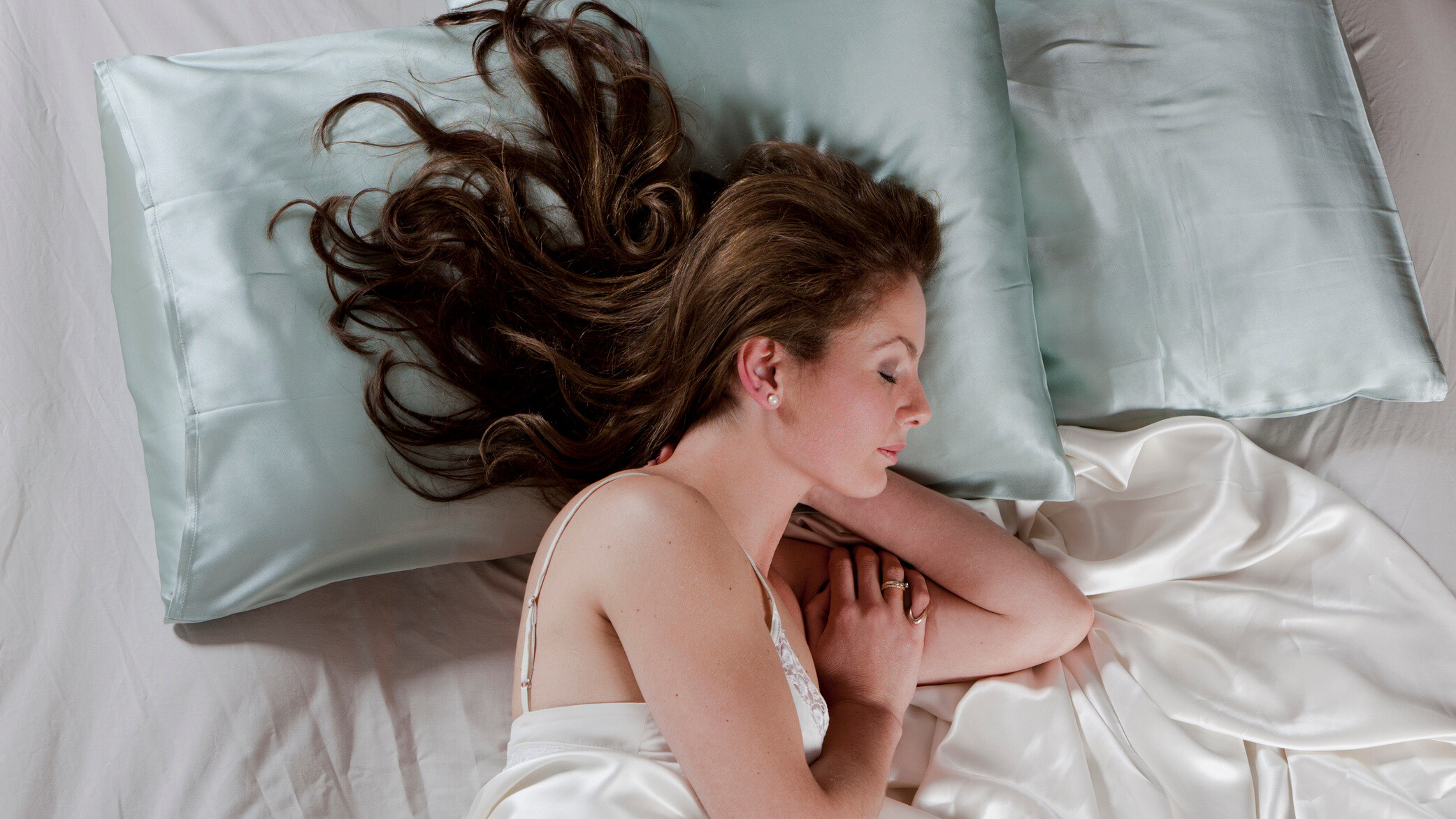
5. Bamboo
There’s a reason why natural bamboo is used in not just bed sheets, but also duvets and pillows, as Woods explains, it's “soft, breathable, and excellent at wicking away sweat.”
In our best pillow guide, the Coop Sleep Goods Original Adjustable Pillow, made from 50% bamboo, gets the top spot, with our reviewer recommending it as a suitable choice for very hot sleepers.
Bamboo duvets are a good option to use year-round, with a temperature-regulating build keeping things cool in summer and warm in winter.
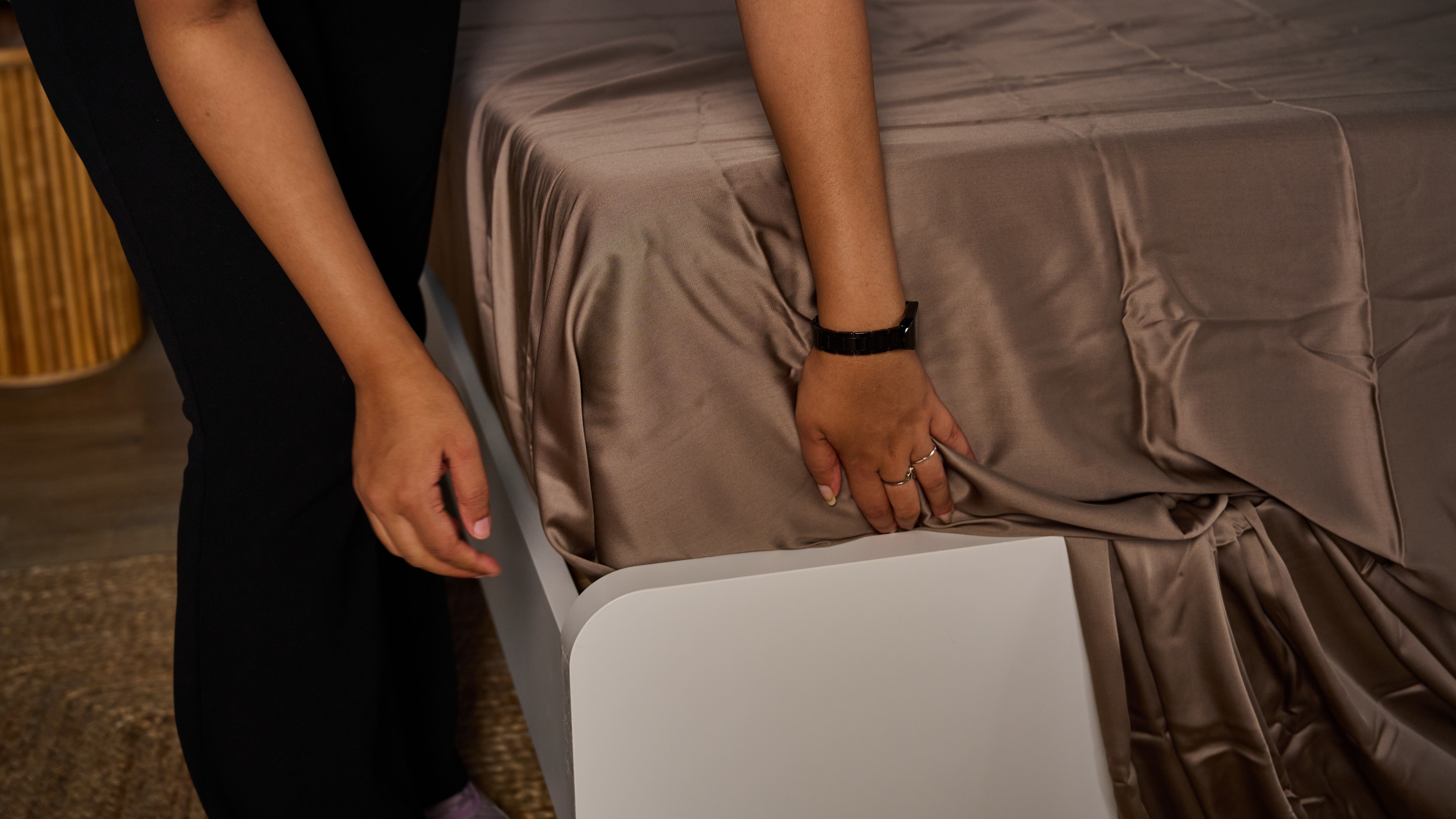
The best type of mattress to combat night sweats
If you’re going through the menopause, you might want to invest in one of the best cooling mattresses. Luckily, they’ve come a long way over the last few years, using smart technology to actively regulate your temperature and adjust it throughout the night.
At the top of our cooling mattress guide is the Bear Elite Hybrid, which has Phase Change Materials (PCM) sewn into its surface, which absorb and release heat through the night. Its Celliant cover also helps with temperature regulation.
Some smart beds use water to regulate temperature, like the Eight Sleep’s Pod 4, which runs a network of water-filled tubes through the mattress cover. These can be cooled or heated anywhere between 55°F and 110°F, letting you set the exact temperature that feels best. Even better, each side of the bed can be controlled separately.

Sarah is a freelance writer who has been published across titles including Woman & Home, The Independent, and the BBC. Sarah covers a variety of subjects, including health and wellness. For Tom's Guide Sarah often writes about sleep health and hygiene, and interviews leading sleep experts about common issues such as insomnia and sleep deprivation.
You must confirm your public display name before commenting
Please logout and then login again, you will then be prompted to enter your display name.
 Club Benefits
Club Benefits










